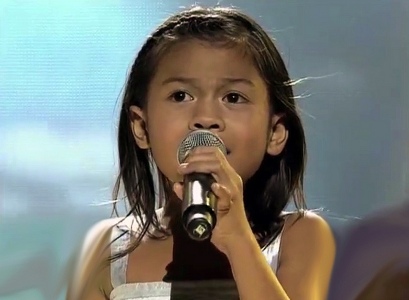I recently had a conversation with a four-year-old at church who surprised me by saying she was really good at singing and dancing.
“You are?” I replied.
“Yeah. I even have a microphone.”
I couldn’t help but smile. “Maybe someday when you’re older you can sing on our church worship team. They use microphones, too.”
Her eyes sparkled. “Yeah!”
I encouraged her to keep practicing and learning songs we sing in church.
The importance of blessing children, as in the example above, can’t be emphasized enough. A blessing affirms a child’s strengths and gives them a glimpse into their future. It opens up possibilities they may not have thought of before and may even give them a goal to work toward. Blessings give children courage to try new things, and to continue improving skills they already have.
A blessing differs from a compliment because it points to a practical way the child can use their gifts to serve in the church or community. So instead of just saying, “You’re so patient,” you might add, “I bet you’d be really good at working with younger children,” or whatever fits the specific kindness you noticed. It ties character traits or skills to service opportunities.
When the connection between these two comes together, it empowers children and shows them they’re part of a bigger picture. It helps them find their place in their church, community, or family. And that, in turn, provides purpose in a child’s life.
So the next time you talk with a child, listen for opportunities to bless them. Comment on what you see them doing right and suggest a way they might serve using that positive characteristic. It’s one of the most important things people can do for kids.
In what ways will you bless the children in your life? Have you been the recipient of verbal blessings? How did it make you feel?

